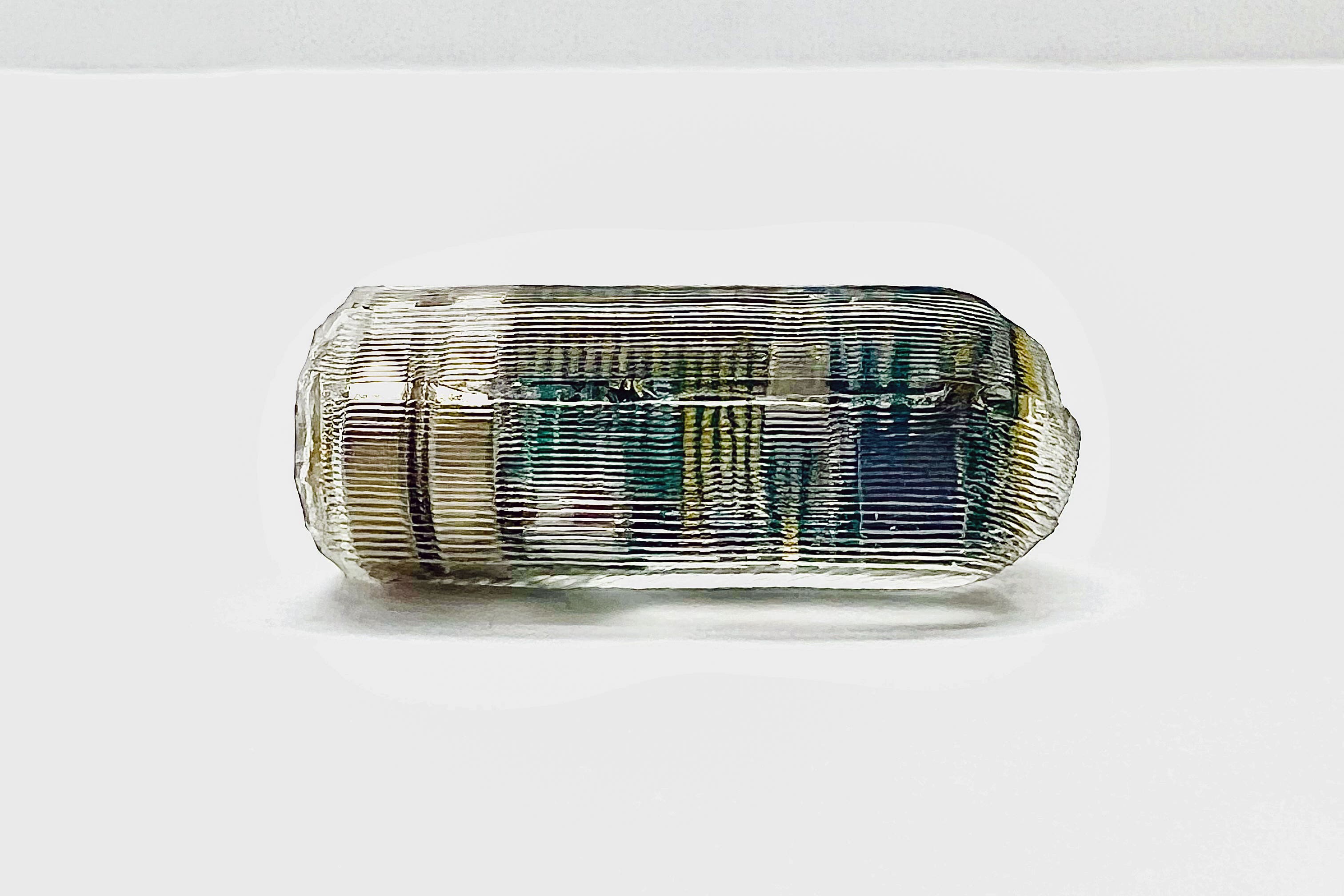Smart pill could help doctors pinpoint digestive difficulties – study
The sensor can be monitored as it moves through the digestive tract and help diagnose digestive disorders.

Your support helps us to tell the story
From reproductive rights to climate change to Big Tech, The Independent is on the ground when the story is developing. Whether it's investigating the financials of Elon Musk's pro-Trump PAC or producing our latest documentary, 'The A Word', which shines a light on the American women fighting for reproductive rights, we know how important it is to parse out the facts from the messaging.
At such a critical moment in US history, we need reporters on the ground. Your donation allows us to keep sending journalists to speak to both sides of the story.
The Independent is trusted by Americans across the entire political spectrum. And unlike many other quality news outlets, we choose not to lock Americans out of our reporting and analysis with paywalls. We believe quality journalism should be available to everyone, paid for by those who can afford it.
Your support makes all the difference.A smart pill could help doctors pinpoint digestive issues, new research suggests.
The ingestible sensor which can be monitored as it moves through the digestive tract could help diagnose digestive disorders.
This includes conditions such as constipation, gastroesophageal reflux disease (where acid from the stomach leaks up into the oesophagus), and gastroparesis (where food passes through the stomach more slowly than it should).
Having the ability to monitor GI motility without having to go into a hospital is important to really understand what is happening to a patient
Collectively, the conditions are referred to as gastrointestinal motility issues.
The tiny sensor works by detecting a magnetic field produced by an electromagnetic coil located outside the body.
The strength of the field varies with distance from the coil, and therefore the sensor’s position can be calculated based on its measurement of the magnetic field.
In the new study, the engineers at MIT and Caltech used the technology to track the sensor as it moved through the digestive tract of large animals (pigs).
They say such a device could offer an alternative to more invasive procedures in humans, such as endoscopy, that are currently used to diagnose motility disorders.
The researchers hope the ingestible pill could be used by patients in their own home, and be used instead of more invasive procedures.
Giovanni Traverso, the Karl van Tassel Career Development assistant professor of mechanical engineering at MIT in America, said: “Many people around the world suffer from GI (gastrointestinal) dysmotility or poor motility, and having the ability to monitor GI motility without having to go into a hospital is important to really understand what is happening to a patient.”
GI motility disorders can occur in any part of the digestive tract, and result in the failure of food to move through the tract.
X-rays, imaging, or catheters are usually used to diagnose the conditions.
The study, conducted in collaboration with NYU Tandon, is published in Nature Electronics.